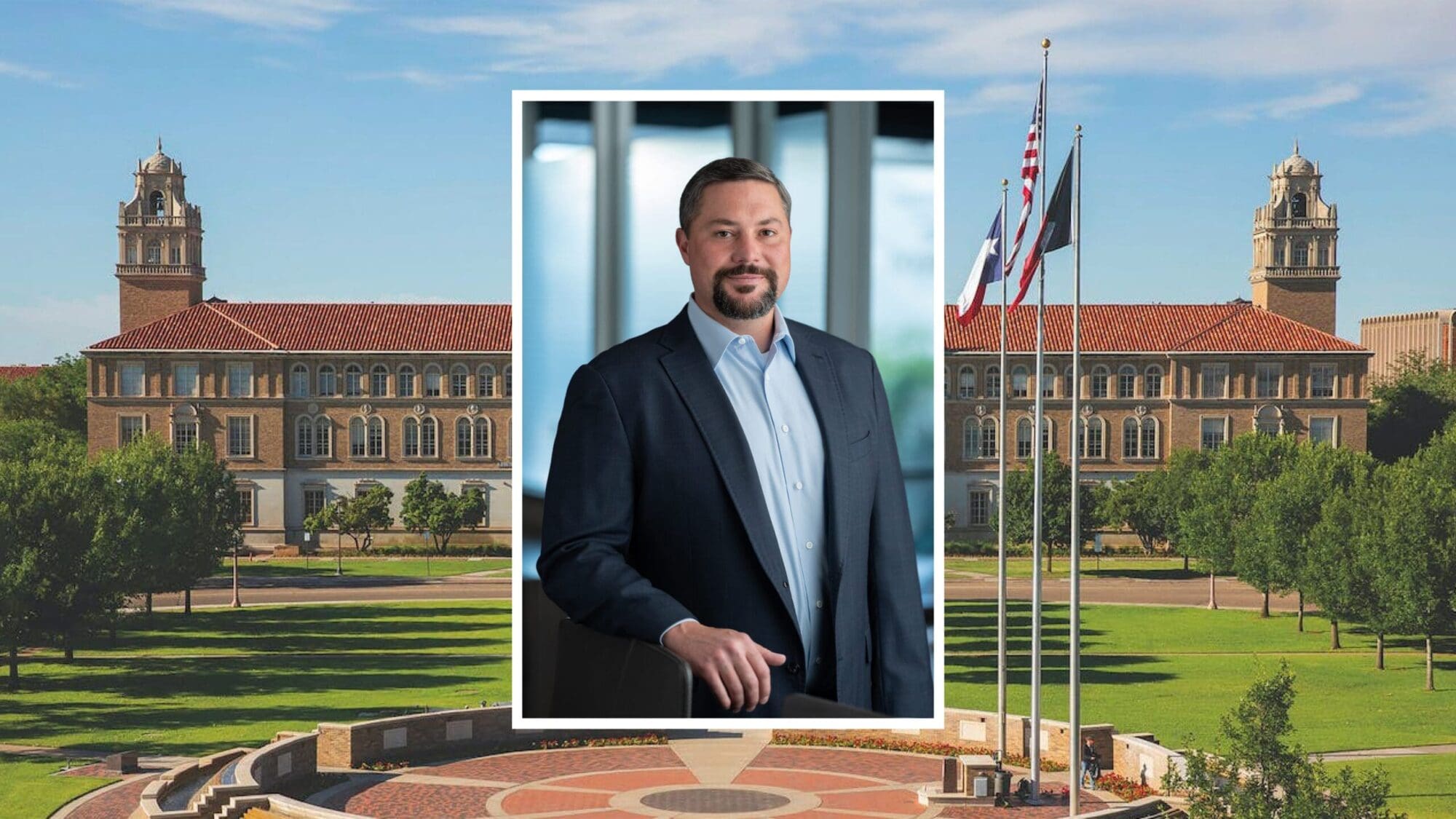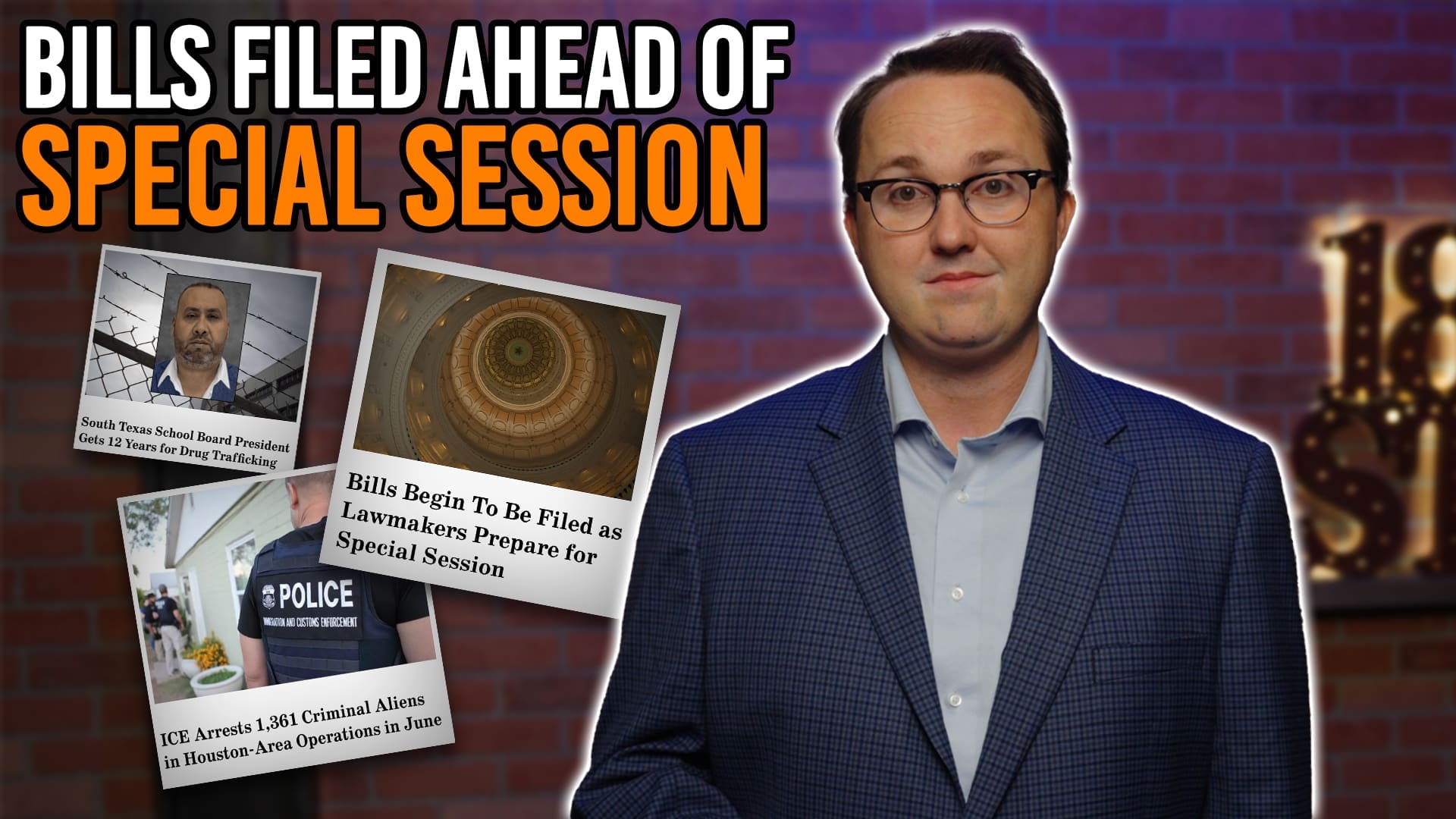Another North Texas city is lowering its property tax rate for 2018 and trimming spending increases to keep residents’ city tax bills steady amid rising property values.
Wylie City Council voted Tuesday to adopt a budget and tax rate for fiscal year 2018-19. The city had originally budgeted to spend $31.4 million, based on a tax rate of $0.735848 per $100 of assessed valuation — one cent above the “effective tax rate” of $0.725848.
The effective rate is calculated to collect the same amount of tax revenue from the same properties taxed the previous year, adjusting downward as property values rise. Any rate higher than the effective rate is a tax increase.
The higher rate was challenged, and eventually lowered, thanks to pushback by a minority of council.
Three of the seven council members favored the pro-taxpayer effective rate: Matthew Porter, Jeff Forrester, and Timothy Wallis. The remaining four members wanted to set the rate one cent above the effective rate: Mayor Eric Hogue, Keith Stephens, Candy Arrington, and David Dahl.
Fortunately for taxpayers, the effective rate prevailed, thanks to a recent change in state law. Texas tax code now requires 60 percent of voting members to approve a tax increase; otherwise, the effective tax rate is automatically adopted. The 4-3 majority in favor of the higher rate wasn’t enough to pass it.
The city will still collect and spend $1.3 million more in tax revenue — a 4.5-percent increase over last year’s revenue — all from new properties added to the tax rolls this year. Growth in the city’s tax base is not included in the effective rate calculation.
At a public hearing earlier this month, 10 taxpayers spoke in favor of the effective tax rate. None advocated for higher taxes.
Mayor Hogue responded that council members who wanted the effective rate should come up with cuts in the proposed budget to balance spending with the lower tax rate. Porter asked the amount of cuts needed and was told it would be around $426,000.
Councilmembers came prepared Tuesday to make those cuts. After hours of debate, the budget was trimmed to $30.9 million. No existing positions were cut, no benefits were changed, and all merit and step pay increases were included.
In budget discussions, Arrington called for a five-year plan to be put in place for the city and its departments. Porter agreed the city needs a long-term strategic plan.
“We are not talking about saving the extra penny of increased taxes for use in the future,” Porter said. “We are debating whether to lower taxes to the effective rate and assign all funds to spending, or to increase taxes and spend all of the money on requests.”
Council approved the budget 6-1, with Dahl voting against, then unanimously approved the effective tax rate 7-0.
A handful of Metroplex entities have adopted the effective tax rate for 2018, including Collin County and the cities of Colleyville, Lucas, and Maypearl. Keller is set next week to adopt a city tax rate slightly lower than the effective rate.
But most are raising residents’ property tax burdens. This week, Plano’s city council ignored the pleas of local taxpayers and chose to set a rate above the effective rate in a split 5-3 vote. The average Plano homeowner will see their city property taxes rise 40 percent in five years.
Plano councilmember Angela Miner, who voted for the tax hike along with Ron Kelley, Kayci Prince, Rick Grady, and Mayor Harry LaRosiliere, falsely claimed “it’s not the city of Plano and this council that is raising your property taxes. It’s the appraisal district of the county you live in.”
Miner is wrong. Like Plano, Wylie is in Collin County’s appraisal district, which certified property values before the cities set their tax rates. Unlike Plano, enough of Wylie’s council members are putting city taxpayers first to keep their tax bills from increasing as property values rise.
“City leaders must carefully balance expected services with citizen tax burdens,” Porter told Texas Scorecard. “City growth pays for itself as the increasing tax revenue provides an opportunity to expand existing departments or even add new services.”
“It is also critical for elected officials to remember that citizens expect their entity to budget and make choices the same way that households have to,” Porter added.
City officials have the power to set lower tax rates; they simply have to limit their spending increases as well. For taxpayers’ sake, they should. And taxpayers should keep in mind how city officials voted in September when heading to the polls in May.





